January, May, or September Semester?
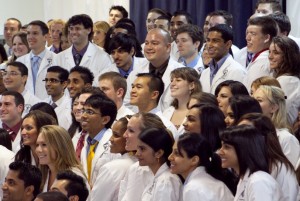
Unlike US medical schools that have only one start date per year in the fall, Caribbean medical schools typically have 2 or 3 start dates. At AUC, students may start medical school in January, May, or, September. I’ve gotten quite a few questions about the difference between start dates and so I’d like to address the answer here in this post. I apologize if it’s a little bit wordy.
September is the standard start date for medical schools in the US, and therefore the most popular start date for schools in the Caribbean as well. There are many different reasons why people may want to start one semester or another, but the desire to finish med school earlier should not be one of them. It’s important to note that while starting in an earlier semester like January or May will let you graduate earlier, it will not let you start residency or your medical career earlier! Typically, students that start med school in January, May, and September of a given year will also all match and start residency together at the same time, because there is only one residency start date each year. The main difference between the different start dates at AUC is the amount of time you have to complete all your graduation requirements before residency starts.
JANUARY 2014 CLASS
For students starting January 2014 semester, you all will finish Basic Sciences at the end of August 2015. You’ll be allowed up to 4 months worth of time (until December 2015) to take the Step 1. You can take it right after you leave the island or take a few months off first before taking it, depending on how ready you feel.
After you take the exam, it takes 3 weeks to get your scores back. A week after you get your scores back, you’ll talk to your clinical advisor on the phone to schedule your rotations. There’s a limited number of spots for students at each rotation site, and so all the rotations are scheduled on a first-come-first-serve basis based on availability. Depending on the availability of the specific hospitals you want to rotate at, you can start your rotations within as early as 2 weeks, or as late as a few months. The UK usually has the most rotation spots for students, and so you don’t have to wait too long to start if you want to rotate in the UK.You don’t have to schedule all your rotations at once. If you want, you can schedule a few first, then wait to schedule the rest later, or you can schedule them all at once. You can schedule your rotations back-to-back, or give yourself some breaks in between rotations to vacation, study for Step 2 CS and CK, holiday, etc. You can schedule your rotations and breaks anyway you like, as long as you finish all your rotations (both core and elective) within a max of 7 semesters, with no less than 20.5 weeks of rotations every 2 semesters. For your class, assuming you start rotations January 2016, most of you will probably finish all your rotations within 5 semesters by the end of August 2017 or so, but you must finish all your rotations by April 2018 to fulfill the graduation requirements at AUC in order to start residency July 1, 2018.
As you can see from the schedule, January classes have the most extra time during the clinical years to schedule weeks or months off in between rotations for exam studying or vacation. However, because January classes typically finish 10 months before residency starts, your federal financial aid repayment will start to kick in (after the 6-month grace period) before your residency even begins, and this could be a challenge if you don’t have money. Not to mention, you’ll want to find something to do during those 10 months between finishing rotations and residency. When you interview for residency positions, the program directors may ask you what you have been doing since you finished. You’ll want to have a good answer. Some students use that extra time to do research, work, volunteer, or do externships.
Theoretically, if you start January 2014, finish Basic Sciences by August 2015, take the Step 1 immediately after you leave the island, start your rotations soon afterwards, and schedule all your rotations back-to-back without any time off to study for Step 2 CS and Step 2 CK exams, you may be able to finish all your graduation requirements before June 2017 and make it for the 2017 Match and start residency July 1, 2017. Although this accelerated schedule is theoretically possible, it is difficult to do and I personally don’t know anyone who has done it.
MAY 2014 CLASS
For students starting May 2014 semester, you all will finish Basic Sciences at the end of December 2015. You’ll be allowed up to 4 months worth of time (until April 2016) to take the Step 1. You can take it right after you leave the island or take a few months off first before taking it, depending on how ready you feel.
After you take the exam, it takes 3 weeks to get your scores back. A week after you get your scores back, you’ll talk to your clinical advisor on the phone to schedule your rotations. There’s a limited number of spots for students at each rotation site, and so all the rotations are scheduled on a first-come-first-serve basis based on availability. Depending on the availability of the specific hospitals you want to rotate at, you can start your rotations within as early as 2 weeks, or as late as a few months. The UK usually has the most rotation spots for students, and so you don’t have to wait too long to start if you want to rotate in the UK.You don’t have to schedule all your rotations at once. If you want, you can schedule a few first, then wait to schedule the rest later, or you can schedule them all at once. You can schedule your rotations back-to-back, or give yourself some breaks in between rotations to vacation, study for Step 2 CS and CK, holiday, etc. You can schedule your rotations and breaks anyway you like, as long as you finish all your rotations (both core and elective) within a max of 7 semesters, with no less than 20.5 weeks of rotations every 2 semesters. For your class, assuming you start rotations May 2016, most of you will probably finish all your rotations within 5 semesters by the end of December 2017 or so, but you have to finish by June 2018 in order to start residency July 1, 2018.
As you can see from the schedule, May classes have plenty of extra time during the clinical years to schedule weeks or months off in between rotations for exam studying or vacation. Unlike the January class, there won’t be too much extra time either, and so you probably won’t have to worry about your financial aid repayment kicking in before you start residency.
SEPTEMBER 2014 CLASS
For students starting September 2014 semester, you all will finish Basic Sciences at the end of April 2016. You’ll be allowed up to 4 months worth of time (until August 2016) to take the Step 1. You can take it right after you leave the island or take a few months off first before taking it, depending on how ready you feel.
After you take the exam, it takes 3 weeks to get your scores back. A week after you get your scores back, you’ll talk to your clinical advisor on the phone to schedule your rotations. There’s a limited number of spots for students at each rotation site, and so all the rotations are scheduled on a first-come-first-serve basis based on availability. Depending on the availability of the specific hospitals you want to rotate at, you can start your rotations within as early as 2 weeks, or as late as a few months. The UK usually has the most rotation spots for students, and so you don’t have to wait too long to start if you want to rotate in the UK.You don’t have to schedule all your rotations at once. If you want, you can schedule a few first, then wait to schedule the rest later, or you can schedule them all at once. You can schedule your rotations back-to-back, or give yourself some breaks in between rotations to vacation, study for Step 2 CS and CK, holiday, etc. You can schedule your rotations and breaks anyway you like, as long as you finish all your rotations (both core and elective) within a max of 7 semesters, with no less than 20.5 weeks of rotations every 2 semesters. For your class, assuming you start rotations September 2016, most of you will probably finish all your rotations within 5 semesters by the end of May 2018 or so, but you have to finish by June 2018 in order to start residency July 1, 2018.
As you can see from the schedule, September classes have the least extra time to schedule breaks between rotations to study for exams and vacation. However, that doesn’t mean you’ll have to do all your rotations back-to-back. You’ll still be able to schedule weeks here and there between rotations if you want to. Another issue to know if you are starting in September is if you fail a class during Basic Sciences and have to stay an extra semester on the island, your schedule will essentially become the same as students who started the January after you, and therefore you’ll match and start residency the following year (2019).
CONCLUSION
For me, personally, I think the May semester is the best semester to start. It gives you extra time to schedule in breaks during your clinical rotations without being too much extra time with your financial aid repayment kicking in before you even start residency and making money (which is what the January class has to deal with). The May class is also half the size of the September class, if you prefer smaller class sizes. Best of luck everyone!

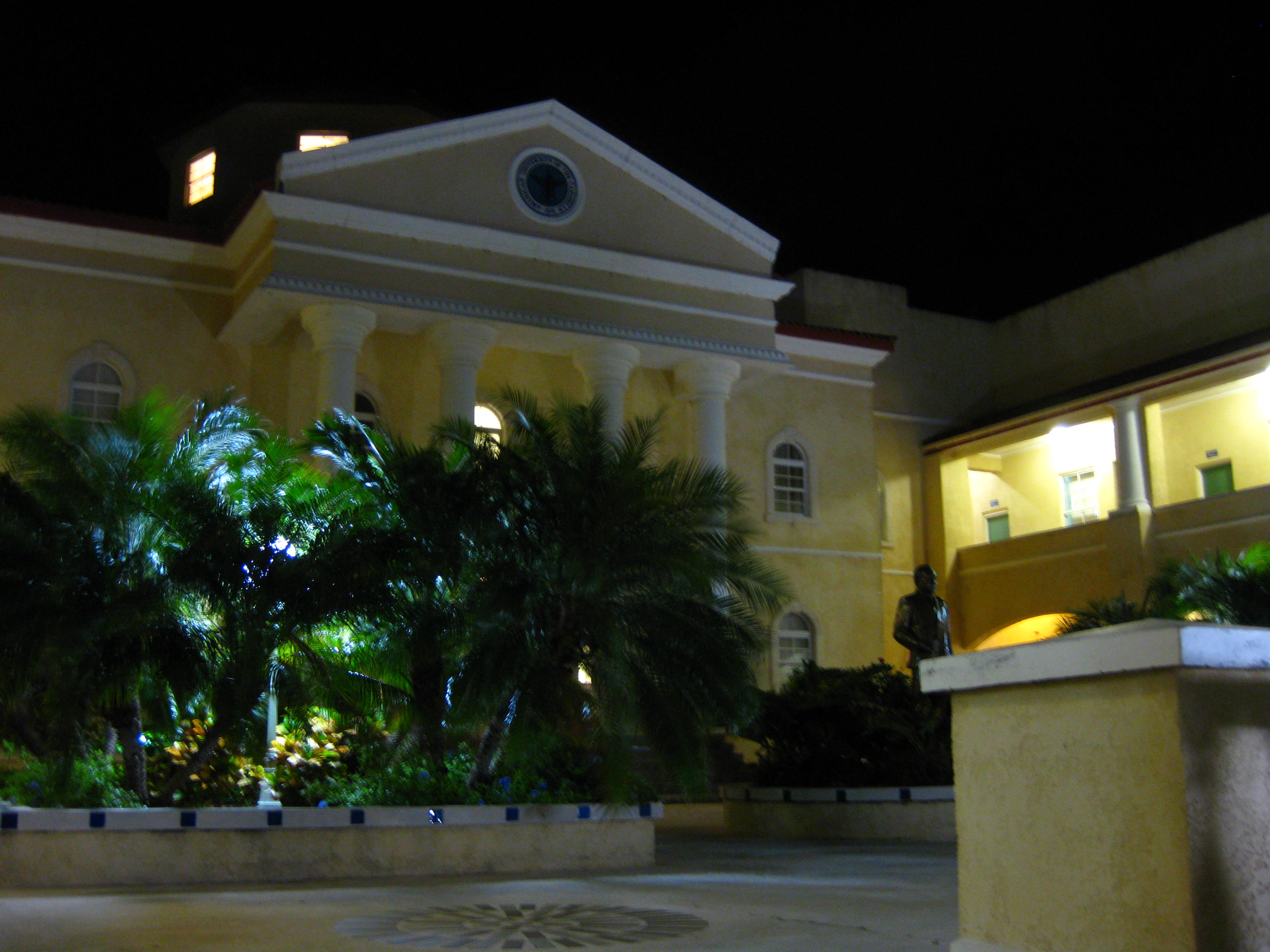

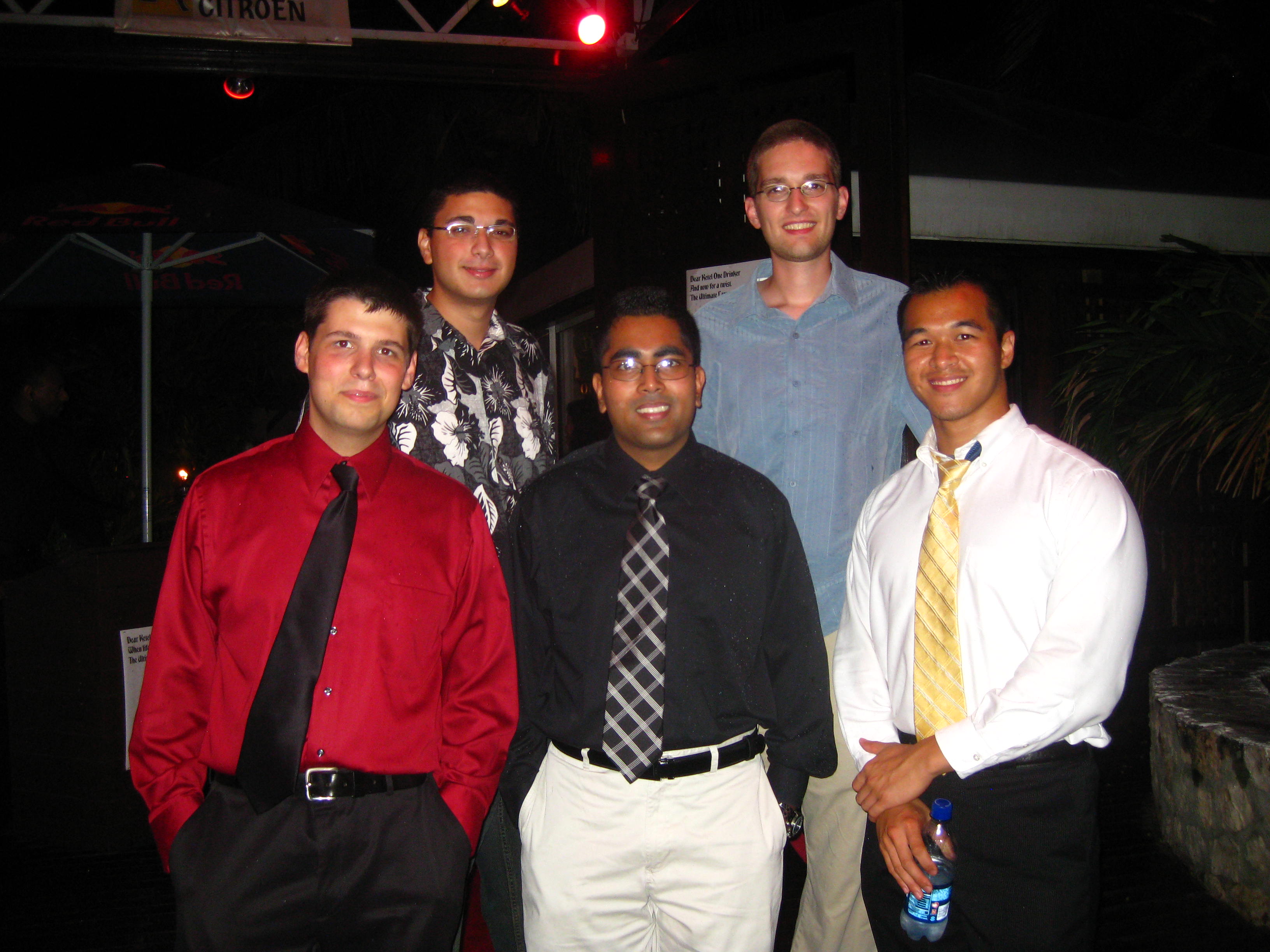
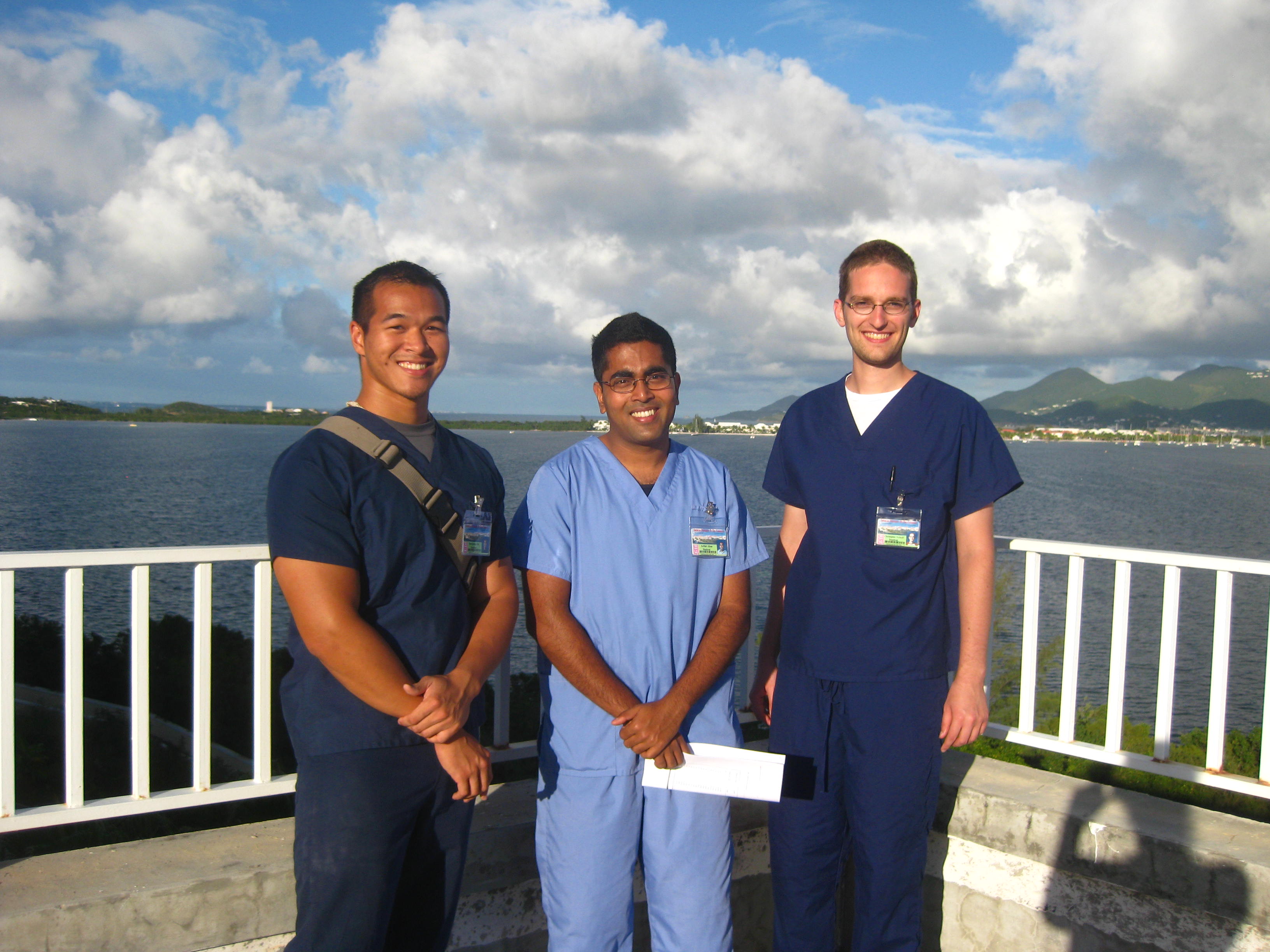
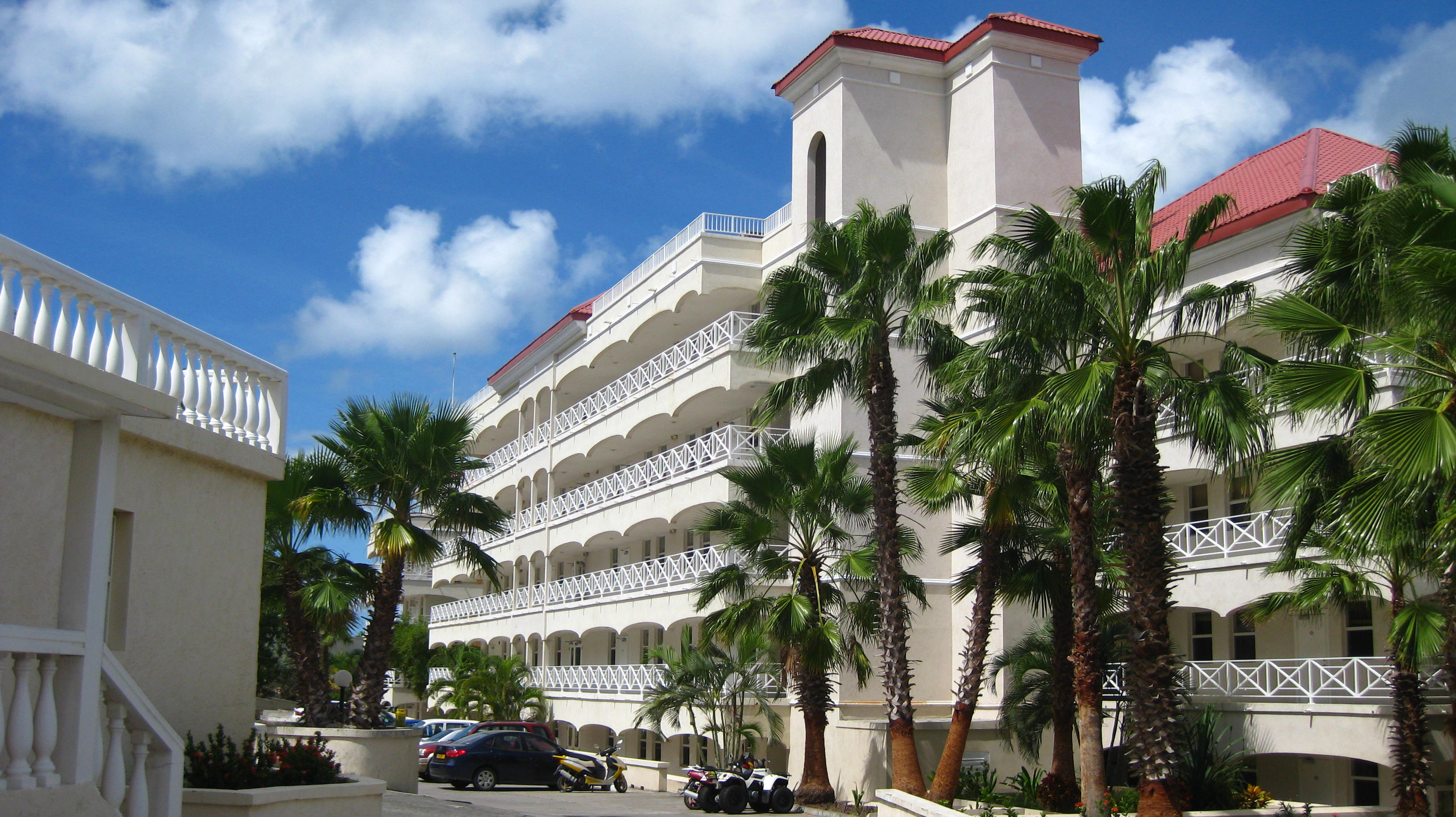








Hi Benji, I am currently working on my medical school applications, and I plan on applying to AUC/Ross along with several DO schools in the States. I was wondering if you consider AUC/Ross as a good option in 2015 for prospective students with the increasing enrollment in US medical schools? If I plan on starting AUC in September 2015, would my chances at obtaining residency in 2019 decrease due to the lack of residency spots available? I’m just really nervous because medical school is such a huge investment and it would be heartbreaking to finish school with a massive debt and no residency. Thank you in advance.
Hi Seth! Thanks for reading my blog and you definitely ask an important question that many people looking into the Caribbean may have. I’d like to share with you an answer that I had replied to a question asked by another blog reader in another post:
It is true that US medical schools are expanding enrollment. Since 2005, US schools have increased enrollment 1.5-3% every year. US med schools enrolled 287 more students in 2012 than they did in 2011, and 538 more in 2013 than 2012. However, at the same time, residency spots available in the Main Match have also been steadily increasing. 612 more residency spots were added in 2011 (total 23,421). 613 more residency positions were added in 2012 (total 24,034). 2358 more residency positions were added in 2013 (total 26,392). The sudden increase in number of residency positions in the Main Match in 2013 was probably due to the implementation of the “All-In Policy” in which residency programs have to either fill all their available positions through the Match or fill all their positions via Pre-Match (which is only available to IMGs). The result is that many of the programs that used to do half Main Match and half Pre-Match decided to fill all of their positions through the Match, while a minority of other residency programs may have withdrawn completely from participating in the Main Match and do Pre-Match exclusively to fill their residency positions. While it is great that there are more positions in the Main Match, it also means there are less positions for IMGs who may want to Pre-Match.
So given the statistics, while med school enrollment is increasing (both in the US and in the Caribbean), the number of residency positions are also increasing at the same time according to the data published by NRMP and AAMC which I’ve presented above. While I don’t think it will be impossible for IMGs to match, I think it’s hard to say now what the future will be like for IMGs. There may be other confounding factors that I’m not thinking of, and GME funding and policies may change within the next few years. But given the statistical trends I see for the past few years, I think (and I hope) there won’t be any drastic changes in the matching chances of IMGs in the next few years.
Best of luck in your applications and I hope you find success in whichever path you choose.
Benji
Dear Benji,
How do I find a list of pre-match residency programs? Does this mean they will not wait for the ERAS timelines to match the residents?
Thanks
Suresh
Hi Suresh,
To find programs that are not participating in the National Resident Matching Program (NRMP), and therefore taking pre-matches, go to https://services.aamc.org/eras/erasstats/par/index.cfm, then search for the specialty you are applying in. You’ll get to a list of programs, and on the right column, you’ll see programs are categorized as “P” or “NP.” NP stands for programs that are not participating in the NRMP.
Benji
Hi Benji,
First off, congratulations on matching!! It is the coveted dream of all us here.
I’ve been following your blog for 2 years now; started when I first left for Saba in Sept 2012. I am aware of the (unfortunately) tight schedule the September start date has, and as it looks right now, I will not be making it to my match year on time. Do you have any recommendations on what I could do once I finish all my rotations and while waiting for the next year’s match?
Thanks! 🙂
Tara
Hi Tara, definitely schedule some time off to study adequately for your step exams. After you finish your clinicals and before starting residency, also study for your Step 3 so that you could take it before starting. Residency is very busy and you may not get a lot of free time to study for Step 3.
All the best,
Benji
Hi Benji,
Thank you for taking the time to reply despite your busy schedule!
Hi Benji,
Thank you for replying to my comment earlier on this post. I was recently accepted to ROSS for the May 2015 class, and am both anxious and excited (didn’t get accepted to the DO/MD schools that I applied to in the US). I was a Computer Science major during undergrad, and did not take any advanced biology classes besides general biology 1 and 2 which was back in 2010 during freshman yr. I didn’t take anatomy/physiology either. Would you recommend deferring my acceptance to the September class and enrolling in some advanced bio classes along anatomy/physiology at the undergrad level? or is it just a waste of time/money since medical school is a lot more advanced? I just don’t want to be sitting in lecture during the first week in Dominica and have no idea of whats going on. Thanks.
Hi Seth,
I don’t recommend deferring med school to take undergrad classes. Whatever you take in undergrad won’t be as relevant to your future career as the classes you take in med school. It would be a waste of time. If you are worried about not being able to catch up, you could go ahead and start reading up on topics you don’t feel comfortable with. It’s only February, and your school starts in May. You still got a few months to read up on topics. Here are some topics you can expect to cover in first semester of med school (at least at AUC): http://www.caribbeanmedstudent.com/2010/03/should-i-study-before-starting-med-school/
Benji
Hi Benji,
I’m hoping you can clear something up for me. I am planning on writing step 1 in June. The earliest that I can start rotations with my school is August 8th. That timeline is really tight, because the school has told us that we need to have 60 weeks completed for July 1st applications for residency. If we start August 8th, we will have 60 weeks completed by June 12th (we’ve already completed 16 weeks in a review semester).
I don’t mind doing the rotations back to back if I had to, but I wanted to know how sure you are that as long as we have them done by June of 2018 that we will be ok for 2018 match? I’ve heard mixed things about this, but I can’t find any information written on official sites confirming that we would be ok.
thank you for your help!
Hi Emily,
I had the impression that you can start residency in July as you finish all your coursework and graduate and get your ECFMG certificate by June. All of this takes time, of course. Waiting for the ECFMG certificate may take weeks or months. I’m not sure what your school’s policies are. Please contact your school about this.
Benji
Fantastic commentary – I Appreciate the analysis , Does someone know where I might be able to acquire a sample Calendar copy to use ?
How does AUC grade? percentages or pass/fail?
Grade. 70% and greater is pass.
Hi Benji,
I love your page. I started in the January 2017 Class; which means i finish basic science August 2018 take time off to study for step 1 and start rotation jan 2019 that means July 2020 i would have finished the core rotation and i would go into match 2021? Im confused when you said you match the following year ? Im confused with the time line i would match 2021? would have time off or can i just take elective until match?
Yes, Match only happens once a year – in March. Residency only starts once a year as well – in July. If you finish your coursework after July 2020, then you’ll match in March 2021 and start residency in July 2021. You can do whatever you want during your time waiting. You may decide to spread out your coursework. You may take that extra time to study for (and take) Step 2 CK and/or Step 3. Part of that time goes into interviewing as well. Some people choose to travel or take medical missions. Others do volunteer work (which is what I did) and start a family (also what I did).
This Page is great. Building on the previous comment. I am starting Med School in January 2018 Finish Basic Science August 2019 study for step, take step-1 by November. Start Rotations by January 2020 and graduate 2022? is it possible to match into 2021, like would you space out your rotations to prevent the loan payments? Are all the elective weeks required for graduation?
It’s going to be hard, but you can try. There have been people I know who took no break at all and match into the year before they are meant to graduate and January semester is the only semester where this can technically happen. you need to complete ALL your rotations including electives in order to graduate. You can match before you graduate though. You must finish Step 2 CK and CS before you match though.
I got accepted to Medical University of the Americas for May 2019 start. I was contemplating January 2019 start because I’m ready to leave my hometown. MUA’s start dates mirror AUC’s and other Caribbean med schools’. I found your conclusion quite helpful. It’s a matter of me trying to hold out to May because I have no friends here. It’s emotionally stressful.